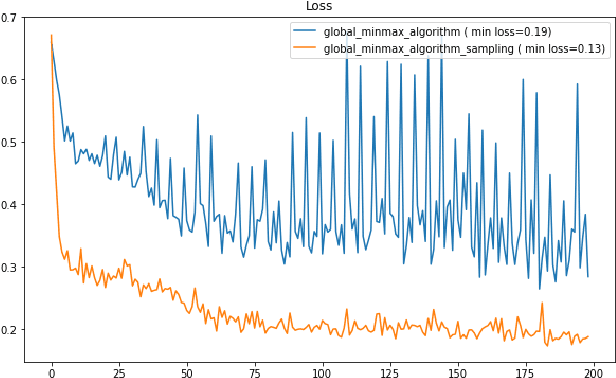Narendra Gade
Anomaly Detection via Federated Learning
Oct 12, 2022



Abstract:Machine learning has helped advance the field of anomaly detection by incorporating classifiers and autoencoders to decipher between normal and anomalous behavior. Additionally, federated learning has provided a way for a global model to be trained with multiple clients' data without requiring the client to directly share their data. This paper proposes a novel anomaly detector via federated learning to detect malicious network activity on a client's server. In our experiments, we use an autoencoder with a classifier in a federated learning framework to determine if the network activity is benign or malicious. By using our novel min-max scalar and sampling technique, called FedSam, we determined federated learning allows the global model to learn from each client's data and, in turn, provide a means for each client to improve their intrusion detection system's defense against cyber-attacks.
 Add to Chrome
Add to Chrome Add to Firefox
Add to Firefox Add to Edge
Add to Edge